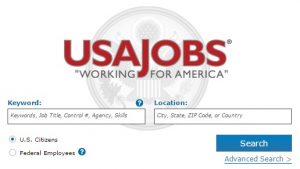How to Transition from Law Firm Summer to 1st Year Associate
Posted: June 14th, 2017
Guest Blog from Vault Law Blog – The expectations for law firm summer associates are very different than those for first year associates. Dan Grossbaum, a first year litigation associate at White & Case, answers some questions regarding the ramp-up period and how best to prepare when you start your career.
Is there anything students should do in law school or during the summer that would help with the transition to working as an associate?
One great way to get ahead of the curve is to take advantage of clinics at your law school. Clinics give you real-world hands-on experience and a good sense of what legal work entails. Depending on the clinic, you can get drafting experience, participate in interviews with clients or practice your oral advocacy skills.
As a summer associate, you should try out as many practices as your firm will allow. At White & Case, for example, you can split your summer between the Litigation and Corporate practices. Splitting the summer allowed me to experience a number of different practices and gave me a sense of how the practices differ. Based on that experience, I knew that Litigation was the right practice for me.
What are some of the best ways to meet and get to know other lawyers at the Firm? How approachable and globally minded are partners and senior associates, especially with questions about a project or assignment?
One of the easiest ways to get to know lawyers is to pop into someone’s office and introduce yourself. Whether you are interested in the type of work they do, or you have a question about one of your assignments, the partners and senior associates, are always willing to sit down and discuss it with you. Additionally, when you start, you are typically placed in an office setting with a lawyer with more experience than you have, usually a second-year associate. This makes the atmosphere more amenable when it comes to questions about projects/assignments.
When did you start to feel comfortable in your new position, and is there anything you could have done differently to make that happen sooner?
Coming from law school to a large law firm was an adjustment; having gone straight through from undergrad to law school, I had never worked in a law firm before I was a summer associate. One thing that made that adjustment easier was the informal mentors I ended up having. They were always there to give me advice and to teach me what it would take to be more comfortable in my new position. One thing I would encourage all junior associates to do is ask questions of the partners and associates they are working for.
Dan Grossbaum is a first year associate in White & Case’s Litigation group. He summered in the firm’s New York office in 2015 and graduated from NYU in 2016. Read more about his experience through Vault Law’s blog here.






